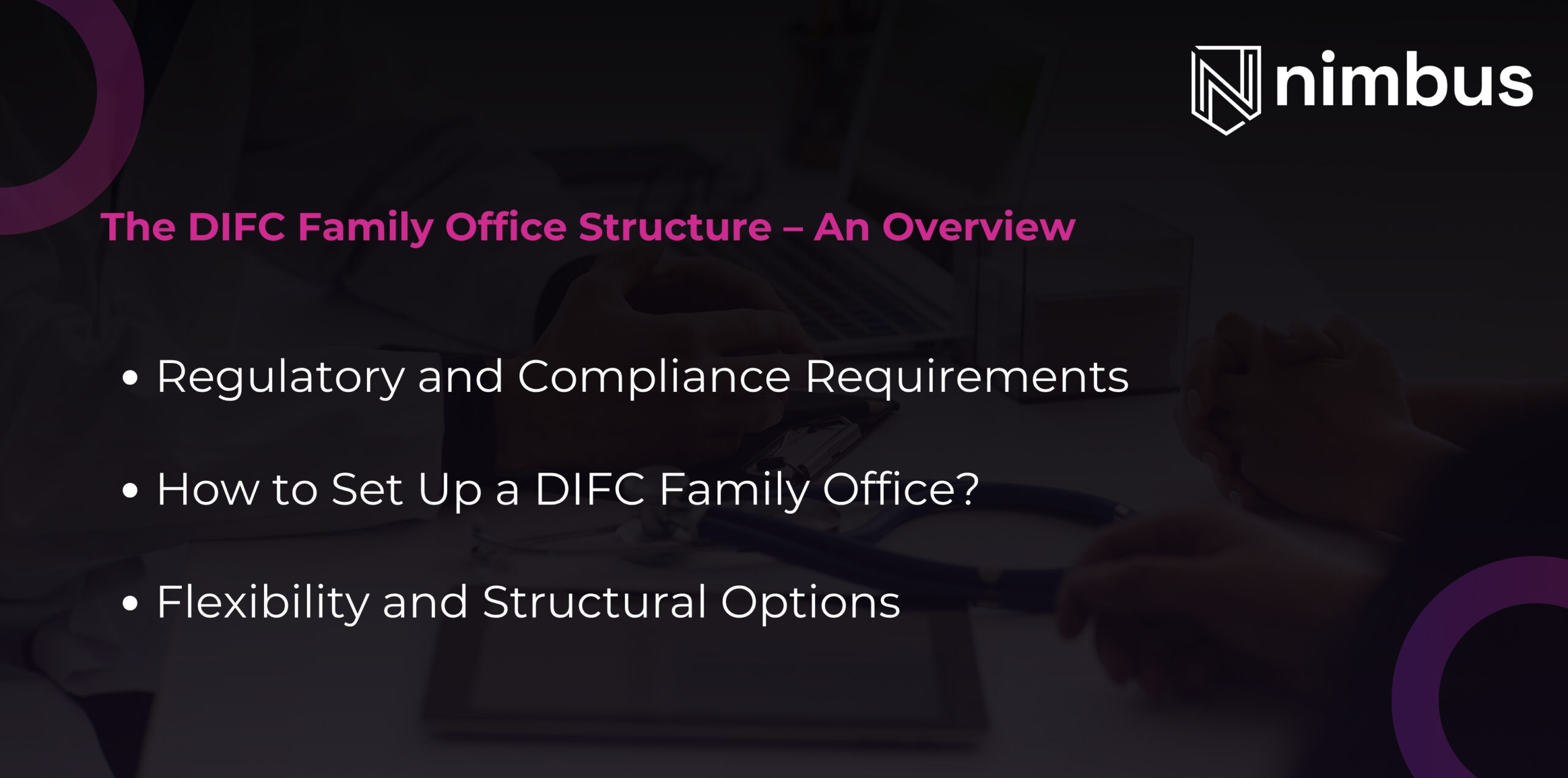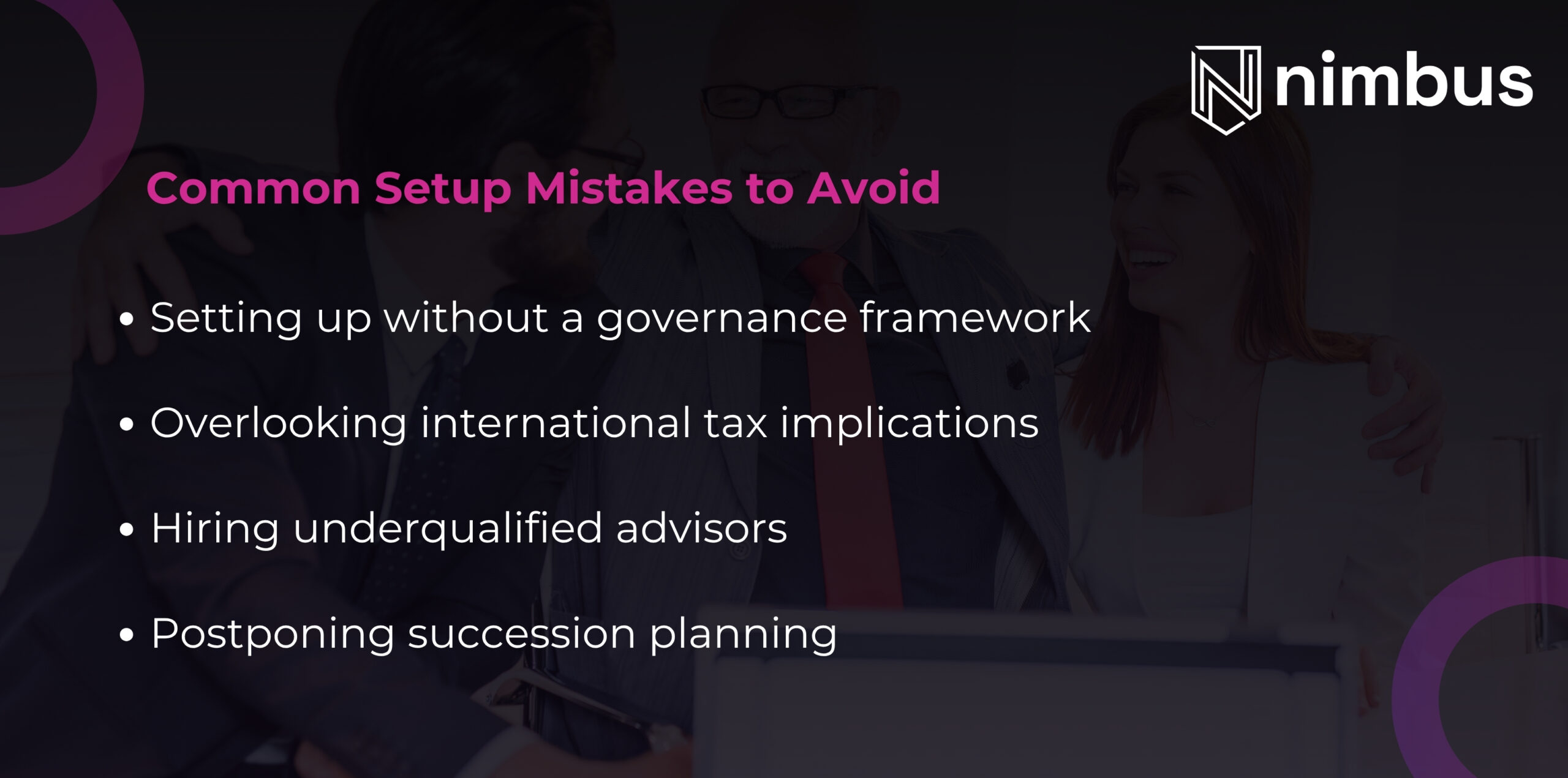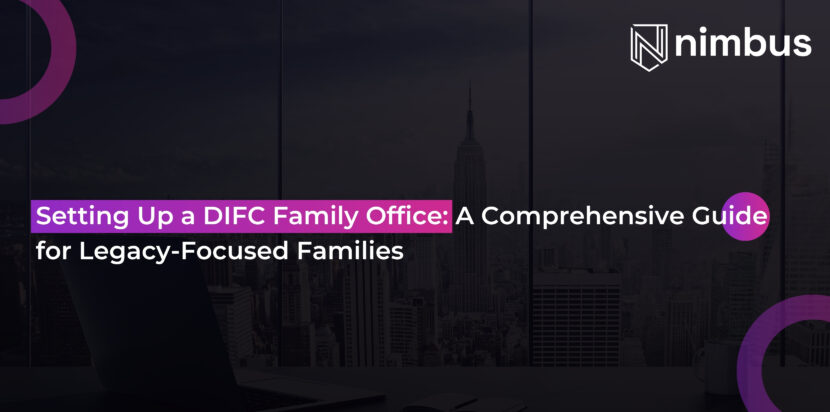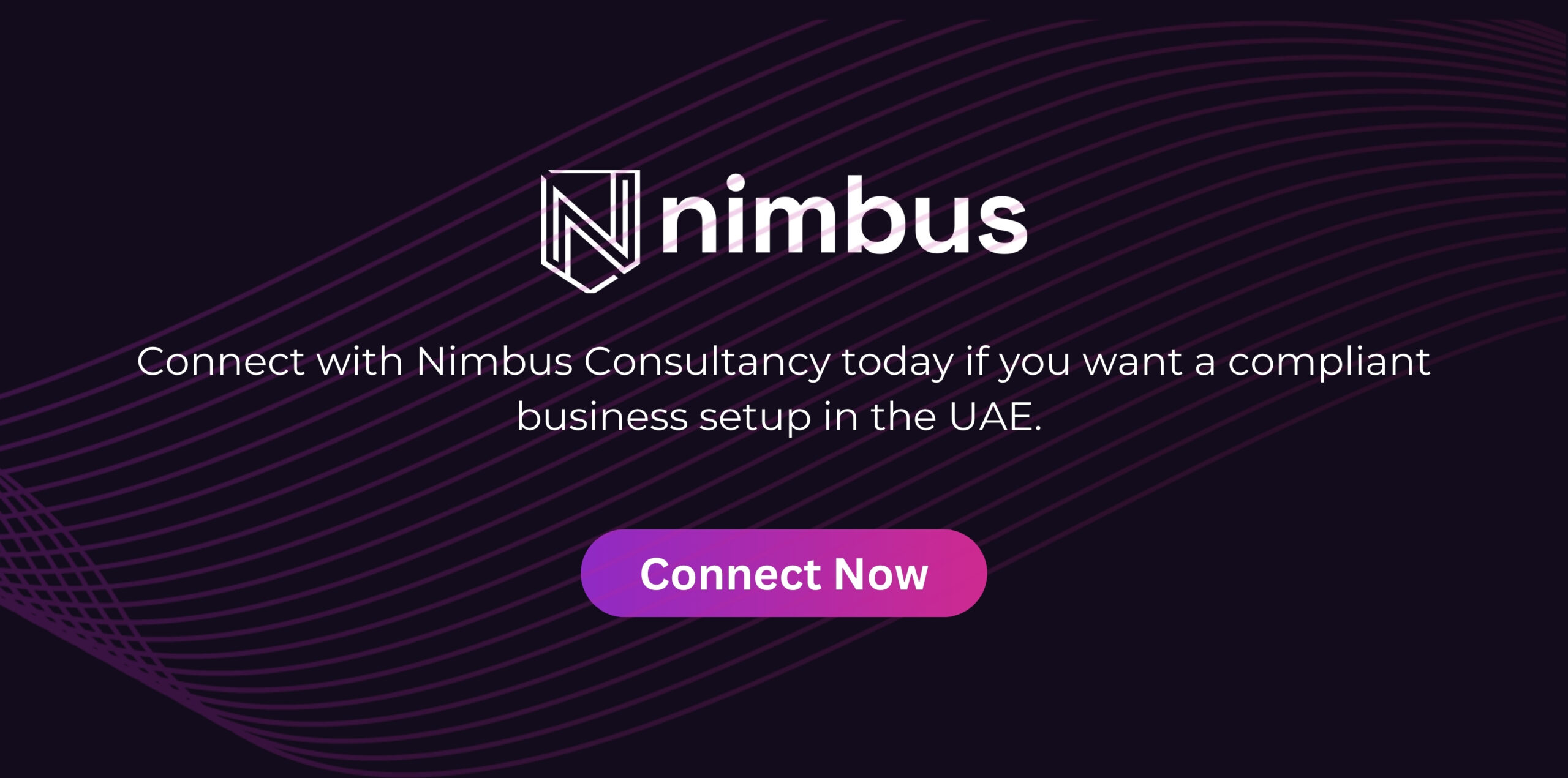The UAE is home to a thriving private business community, with a large portion of enterprises owned and operated by families. As these families grow across generations and diversify their wealth, the need for structured governance, clear succession planning, and professional wealth management becomes increasingly critical.
This is where a DIFC Family Office can offer a highly effective solution. The Dubai International Financial Centre (DIFC) has become a globally recognized financial jurisdiction that provides a transparent, regulated environment for wealth management structures, including family offices.
With world-class legal and regulatory frameworks, the DIFC offers an ideal platform for families looking to preserve wealth, protect assets, and manage complex financial and estate planning needs across generations.
The DIFC Family Office Structure – An Overview
A DIFC Family Office is a legal structure that helps manage the wealth and operations of either a single family or multiple unrelated families. It can be set up as a Private Company or a Limited Liability Partnership.
The shareholders can include both individuals and corporate bodies, and often consist of family members themselves. This allows centralised control, liability protection, and direct involvement of the family in governance.
To incorporate a Family Office in DIFC, the minimum net asset threshold is USD 50 million. This valuation can be determined based on fair market value or the book value of family-held assets.
Each Family Office must have at least one shareholder and one director who is over the age of 18. A key governance requirement is the creation of a Family Charter. This document outlines the roles, responsibilities, and decision-making processes within the office and helps ensure continuity, especially during generational transitions.

– Regulatory and Compliance Requirements
A DIFC Family Office provides non-restricted services, meaning they can oversee real estate, investments, administration, and philanthropy activities without needing a full license from the Dubai Financial Services Authority (DFSA).
However, if the family office begins to offer regulated financial services—such as investment advice or tax planning for external clients—it will require DFSA authorisation.
Regardless of the operational scope, all DIFC Family Offices must adhere to anti-money laundering (AML) and know-your-customer (KYC) regulations. They are also required to maintain annual financial statements in line with International Financial Reporting Standards (IFRS).
– How to Set Up a DIFC Family Office?
- Determine the type of Family Office: Decide whether a Single-Family Office (SFO) or Multi-Family Office (MFO) model best suits the family’s needs. An SFO serves one family, while an MFO serves multiple unrelated families and may need additional regulatory approvals.
- Appoint a Corporate Service Provider (CSP): Work with a licensed DIFC CSP to handle incorporation, compliance, and structuring. The CSP will also help navigate the complex documentation and regulatory process.
- Prepare core documentation: This includes a detailed business plan, overview of the services to be offered, staff expectations, and profiles of family members and ultimate beneficial owners (UBOs).
- Verify source of wealth and funds: Provide documentation tracing the origin of the family’s wealth and the funds being used for the office setup. This includes certified copies of passports, company documents for corporate shareholders, and legal confirmations from the CSP.
- Declare data processing activity: If the Family Office will process personal data, a declaration must be submitted to the DIFC Commissioner of Data Protection.
- Secure a registered office: The family must identify a physical address in DIFC, either by leasing or purchasing an office. Alternatively, if working with a CSP, their registered office address can be used.
- Establish governance and compliance roles: A family charter should be developed, and a compliance officer must be appointed to oversee internal procedures and ensure alignment with DIFC laws.
Common Setup Mistakes to Avoid

- Setting up without a governance framework: Families that don’t define how decisions will be made or who holds what authority often face internal conflicts. A well-drafted family charter or constitution is essential from day one.
- Overlooking international tax implications: For families with cross-border assets, failing to account for tax liabilities in other jurisdictions can result in legal and financial risks. Engage experts who can assess global compliance obligations and structure the family office accordingly.
- Hiring underqualified advisors: Appointing family friends or inexperienced managers to run complex financial and legal operations is a recipe for trouble. Ensure that professional advisors have the right qualifications and track record in wealth management.
- Postponing succession planning: Delaying conversations about generational leadership can create instability. It is important to include legal instruments like wills, trusts, and foundation bylaws from the start to enable smooth transitions.
– Flexibility and Structural Options
One of the advantages of setting up a Family Office in DIFC is its flexibility. A family can start as a Single-Family Office and later scale into a Multi-Family Office, subject to regulatory approval. Similarly, families can choose between different legal structures such as a DIFC Foundation or Prescribed Company.
A DIFC Foundation operates similarly to a trust and is useful for philanthropic or long-term succession goals, while a Prescribed Company is often used for holding specific investments or isolating financial risk. Additionally, a Family Office can act as a trustee, provided it manages assets within the same family group.
Final Thoughts
A DIFC Family Office offers a robust, globally recognized platform for managing wealth, structuring legacy planning, and facilitating intergenerational wealth transfer.
With the right strategy and expert guidance, families can create a long-lasting institution that safeguards their assets, aligns their values, and ensures sustainable governance.



